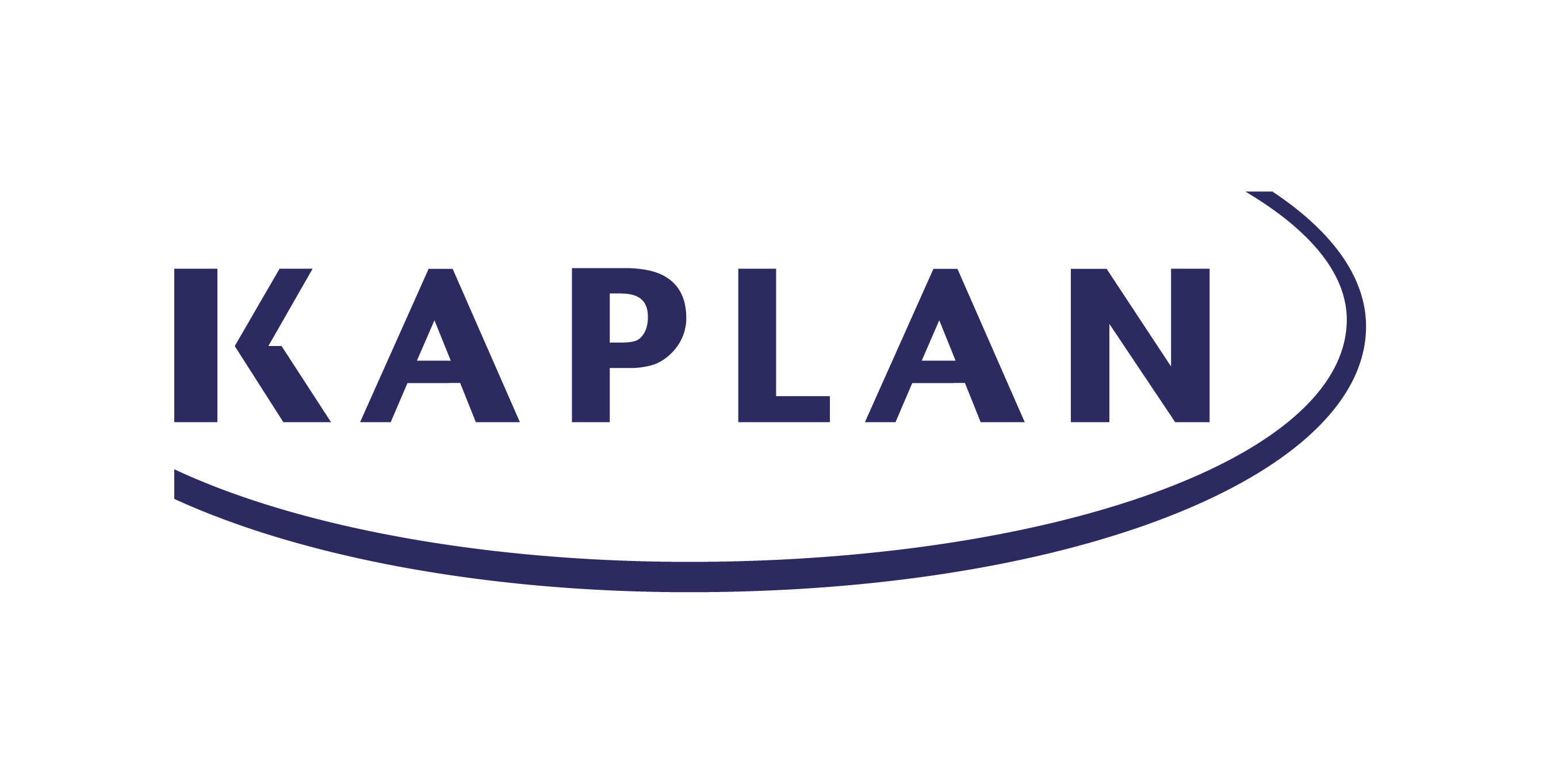Ep. 162: Voices of Student Success: Recognizing and Encouraging Military-Affiliated Students
In the latest episode of Voices of Student Success, the University of Texas at San Antonio’s senior director of veteran and military affairs discusses ways to engage and support military-affiliated learners.
